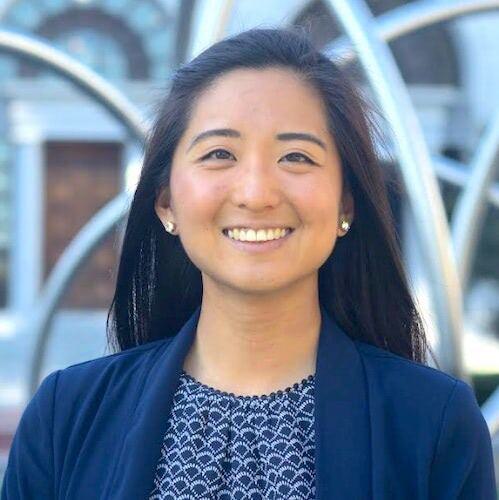- Undergraduate
Bachelor's Degrees
Bachelor of ArtsBachelor of EngineeringDual-Degree ProgramUndergraduate AdmissionsUndergraduate Experience
- Graduate
Graduate Experience
- Research
- Entrepreneurship
- Community
- About
-
Search
All Thayer Events
Special Seminar: Atom-by-Atom Design of Sustainable Energy Storage Solutions
Feb
28
Wednesday
3:30pm - 4:30pm ET
Online
ZOOM LINK
Meeting ID: 995 9695 0090
Passcode: 153207
Decarbonization goals for net zero emissions by 2050 will be accomplished through widespread electrification of transportation fleets. Electric vehicles with high energy densities and acceptable cycle life are partly making this possible. However, as restrictions on critical materials in these devices tighten, the success of earth-abundant battery chemistries and scalable battery recycling become increasingly urgent.
In this talk, I explain how relaxing structural constraints for conventional battery electrodes, presumed to lead to sluggish Li diffusion, in fact results in partially disordered materials with ultrahigh power and energy density. Comprised of only earth-abundant Mn, these electrodes deliver specific energy greater than 900 Wh kg-1 within minutes. I explain how discharge occurs via a solid solution reaction and that excellent rate capability arises from Li transport throughout a newly activated inter-network and a largely intact intra-network. Our findings indicate incorporating partial spinel order is essential for accommodating ultrahigh rate performance in next-generation, earth-abundant electrodes.
To attain a sustainable energy transition, methods to recover metals from end-of-life batteries will need to be carefully developed. I conclude with a working critique on green solvents that have been recently demonstrated to leach cobalt and other transition metals with high efficiency.
Hosted by Professor Laura Ray
About the Speaker(s)
Julia Yang
Environmental Fellow, Harvard

Julia H. Yang is an environmental fellow at Harvard University with Professor Boris Kozinsky. She uses large-scale, all-atom machine learning interatomic potentials to investigate the stability of green solvents used in battery recycling. She also spent time as a visiting postdoctoral fellow at Columbia University with Dean Ah-Hyung Alissa Park evaluating electrodeposition of critical minerals. Previously, she was a NDSEG fellow at the University of California, Berkeley, where she earned a PhD in materials science and engineering. Julia received her BS in materials science and engineering from Carnegie Mellon University, with an additional major in Physics. Her graduate work focused on design principles for earth-abundant positive electrodes using reliable density functional theory approximations for crystal structure prediction. She is a co-inventor on four patents with Google X on work related to chemical recycling of polymers.
Contact
For more information, contact Ashley Parker at ashley.l.parker@dartmouth.edu.
